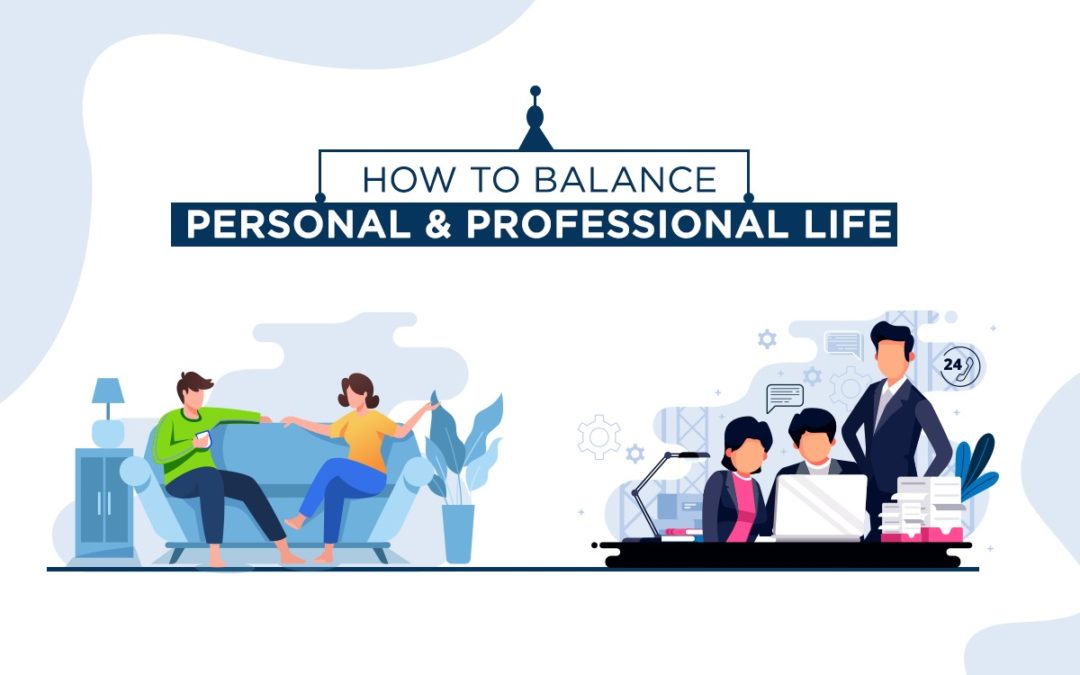Our lives are an amalgamation of many elements and numerous challenges. While the hurdles in life seem to play a roller coaster ride with us, one stumbling block for many is the work-life balance. The thought of equilibrium between personal and professional life may seem like an uphill battle but there are a few ways to get close to the ideal work-life balance.
1. Scheduling and Time Management
Scheduling events or having a calendar in place can take a lot off your plate given you stick to the schedule. Time blocks assigned for specific tasks can ensure you complete the work in time. Proper timetables, that you can create on your phones or jot down in a diary or even on an online cloud will keep you on track to fulfil the most important tasks and keep you from getting bogged down with trivial jobs at work or even at home.
2. Understand Schedules of peers
You might have a well-defined plan for yourself and even adhere it to a T, but all such efforts go in vain when you are not able to work in collaboration with your team or peers. Conflicts at work can influence your personal life negatively. People with kids especially would need to understand the important crossovers situations and make informed decisions, i.e., “Is this meeting worth missing out on a birthday?” or “Is this movie worth it compared to a Sales Pitch session?”
3. Prioritise your Health
The long hours at work or late-night extravaganzas on weekends can eventually overwhelm you in the long run. Neglecting your health could have dire consequences, that could disrupt your work or force you out of attending social events. Exercising daily or a few days in a week can get you closer to the physical activity your body requires. The type of exercise could be one that compliments your lifestyle, be it a jog in the park to yoga at a recreational centre or sweating it out in a gym. In addition to that, practicing meditation can bring down your stress levels and keep you mentally happy. A balanced diet also plays a vital role in keeping your body healthy.
4. Shield your Passions
Sometimes the demands of work and personal life can drain you to an extent that you might want to take up the easier option of giving up on your hobbies. Giving up your passion or hobbies can eventually add to your stressors. Make an effort to continue doing things you enjoy, or hobbies you like such as painting, pottery, swimming et al. or even schedule them. This will help you shield your passions the same way you would for professional commitments or family obligations.
5. Be Flexible
Sometimes the best laid out plans don’t pan out the way we expect. When home and work are competing for your time, it would require conscious decision making to devote time to the side with the greater need. Drawing boundaries such as not looking at a work mail at home are completely alright and sometimes checking that ‘urgent’ email in the middle of a date-night is also acceptable. Creating specific windows for social media, delegating work at home, or even at the office, taking breaks, and treating yourself after a hard day’s work and more can keep you sane. Boundaries and schedules are important but not at the cost of your mental health. Ensure that you know what and when to cut back on at work or what to take up at home and vice-versa.
There aren’t any rules in concrete, the balancing act takes practice and careful planning. Striking a balance between personal and professional life can help one reduce the likelihood of burnout and be more productive holistically. While one many argue that they might be the masters of keeping professional and personal lives ‘separate’, it is important to understand that it is not about the distance between the two rather the “balance” between the two, that matters.





Recent Comments